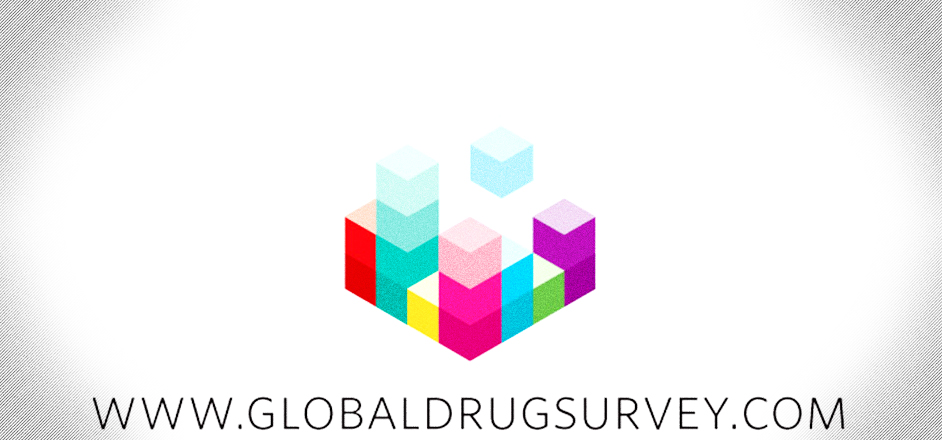Dr. Adam Winstock wants to know which drugs we'd all like to trip on.
Ecstasy? LSD? Mushrooms? Nothing at all?
This is one of the new questions Winstock, a European psychiatrist, added to his giant project, the Global Drug Survey, this year. The survey the world's largest sources of honest information on the lives of people who drink, smoke, boof, shoot up or eyedrop drugs.
And now that the world of drugs is changing so fast, as psychotherapy that is assisted by MDMA and psilocybin are on their way to being legalized — you're only three to five years away from tripping balls and having insurance pay for it — Winstock's drug survey wants to gauge how stoked you might be on doing ecstasy or mushrooms or ayahuasca in a doctor's office.
"We've got lots of psychedelics researchers in the community," Winstock says by phone from Europe, "and every psychedelic researcher is asking, what can the Global Drug Survey do for us? So we're looking at the acceptability of psychedelic therapy. How interested people are in LSD therapy? Would people be up for that?"
The survey, now in its eighth year, also asks about microdosing, the dark net, which drugs are the best value for money, and more.
Winstock urges you to hurry up and take the survey before the end of December, whether you're a casual drinker, an occasional stoner, an old lady who crushes up and snorts her nursing home meds, or an unrepentant drug fiend with needles hanging out of your eye sockets.
The Global Drug Survey is unique in that it's academics asking people who use drugs about their lives, without prejudice or judgment, and then reporting the findings honestly, without editorializing.
"We're trying to give people who use drugs a voice," Winstock says. "People who use drugs are yoga teachers, doctors, parents. There's no one kind of person."
Over the years, Winstock and his team have sifted through 700,000 surveys. So maybe Winstock can, better than anybody, answer the question of what drug users are like. Right, Adam?
"I don't know about 'better than anybody,'" Winstock groans. "Saying it like that makes me sound like an arrogant jerk."
Maybe. But he knows little details.
"I think I have a reasonably broad exposure to the way that people use drugs," Winstock says. He knows that Europeans mix tobacco with their joints, while Americans never do. He knows which cities have the fastest cocaine delivery times (London). He knows which drugs are safest (mushrooms, cannabis) and which diciest (alcohol, heroin).
The survey is especially insightful because, while most people hide their drug use from everybody — parents, doctors, and employers — they're willing to tell the whole truth to the Global Drug Survey, anonymously, online.

Winstock was spurred to start the survey when he saw a puzzling contradiction between his work and his regular life. At the office, he and his fellow doctors saw all the ways drugs wreck lives: trash livers with booze, shred lungs with cigarettes, collapse veins with heroin or fry brains with LSD. Those horror stories get circulated in the medical community and in scientific papers, because those are the cases doctors see.
But out in the world, Winstock knew folks could use drugs without ruining their lives: they'd roll on a point of molly one New Year's Eve, or do one line of cocaine at the office Christmas party, or smoke two joints on a camping trip, and end up fine. And yet there was almost no data on them.
After eight years, Winstock has the data showing that drugs are both good and bad, both destructive and wonderful.
"Drugs are not black and white, the truth is somewhere in the middle," Winstock says. "Drugs can give people pleasure but can also cause people harm."
Folks who use drugs are apparently very happy that an actual doctor is listening to them. Already this year, more than 100,000 folks answered the survey.
Take it at GlobalDrugSurvey.com. It'll take a half hour.



Leave a Reply